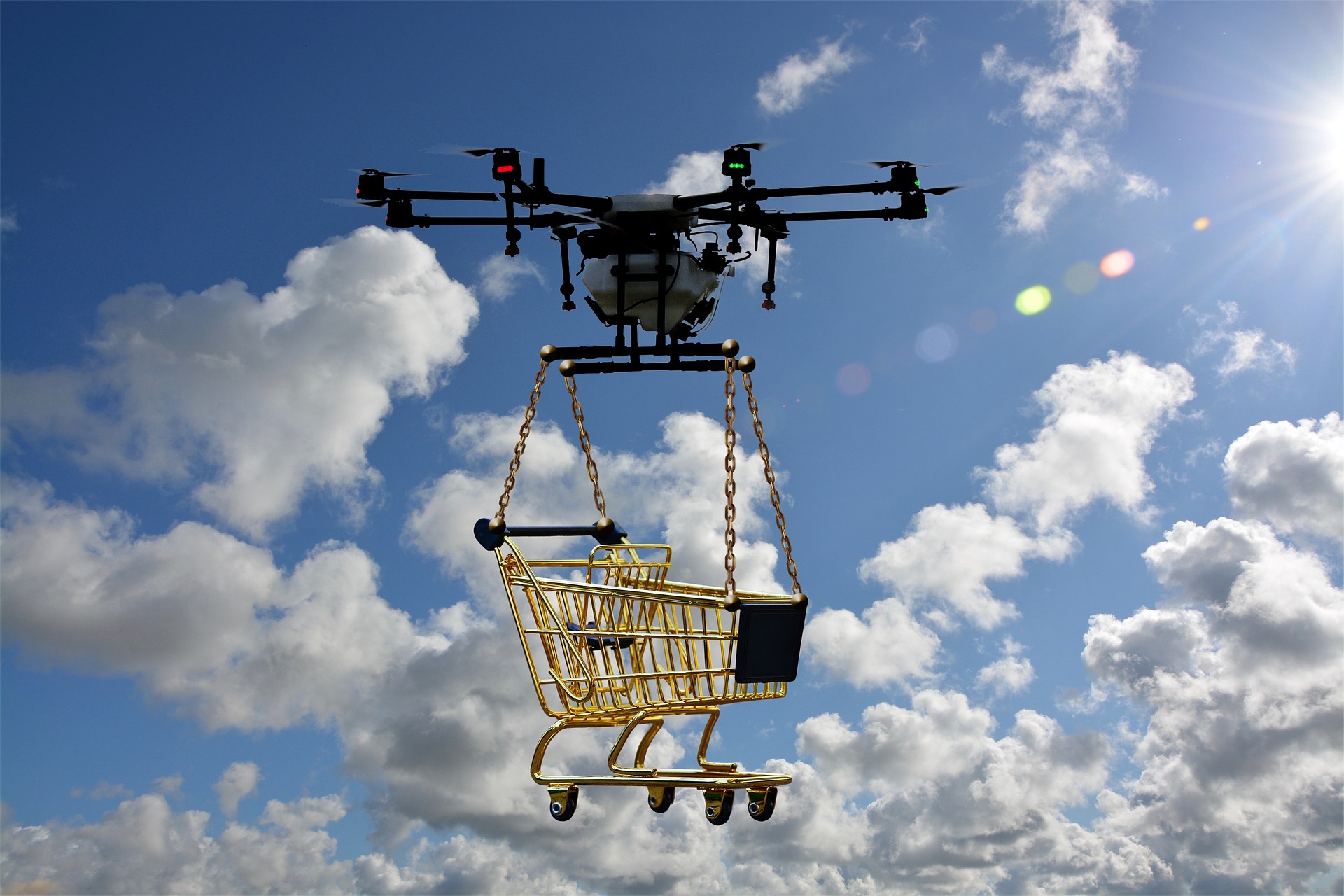The Silent Rebellion: Introverts Reshaping Workplace Dynamics
In a world that often celebrates extroversion, a quiet revolution is taking place. Introverts, long overlooked in professional settings, are now emerging as powerful forces in reshaping workplace dynamics. This shift is challenging traditional notions of leadership and productivity, forcing companies to reconsider their approach to talent management and team collaboration.

Introverts, who make up an estimated 30-50% of the population, often possess qualities such as deep focus, careful analysis, and thoughtful decision-making. However, these traits have been frequently overshadowed by the more visible and vocal contributions of their extroverted counterparts. This imbalance has not only affected individual job satisfaction but has also impacted overall workplace efficiency and innovation.
The Rise of Introvert-Friendly Work Practices
As awareness grows about the value of diverse personality types in the workplace, companies are beginning to implement introvert-friendly practices. These changes are not just about accommodation; they represent a fundamental shift in how we perceive productivity and collaboration.
One significant change is the introduction of flexible work arrangements. Remote work options and flexible hours allow introverts to manage their energy levels more effectively, leading to increased productivity and job satisfaction. Companies are also redesigning office spaces to include quiet zones and private work areas, acknowledging the need for spaces that cater to different working styles.
Technology as an Equalizer
The digital revolution has played a crucial role in leveling the playing field for introverts in the workplace. Online collaboration tools and digital communication platforms have opened up new avenues for introverts to contribute their ideas without the pressure of immediate face-to-face interaction.
Asynchronous communication methods, such as project management software and collaborative documents, allow introverts to process information and formulate responses at their own pace. This shift has led to more thoughtful and well-considered contributions, benefiting both the individuals and their organizations.
The Introvert Leadership Phenomenon
Perhaps the most significant change in recent years has been the recognition of introverts as effective leaders. High-profile introverted leaders like Bill Gates, Mark Zuckerberg, and Marissa Mayer have challenged the stereotype that successful leaders must be outgoing and charismatic.
Introverted leaders often excel in areas such as deep listening, strategic thinking, and empathetic management. Their tendency to carefully consider decisions and focus on long-term goals can lead to more stable and sustainable business strategies. This shift in perception is encouraging companies to reconsider their leadership development programs and succession planning to include a more diverse range of personality types.
Challenges and the Path Forward
While progress has been made, challenges remain in fully integrating introverts into the workplace. Bias towards extroverted behaviors in hiring and promotion processes still exists in many organizations. Additionally, there’s a risk of overcorrection, where the pendulum swings too far in the other direction, potentially alienating extroverts.
The key lies in creating a balanced work environment that values and leverages the strengths of both introverts and extroverts. This requires ongoing education, policy changes, and a commitment to fostering a truly inclusive workplace culture.
As we move forward, it’s clear that the silent rebellion of introverts in the workplace is not just about personal comfort—it’s about unlocking the full potential of a diverse workforce. By embracing the strengths of introverts, organizations can tap into a wealth of creativity, innovation, and leadership that has long been underutilized.
The transformation of workplace dynamics by introverts represents a significant shift in our understanding of productivity, collaboration, and leadership. As this silent revolution continues to unfold, it promises to create more balanced, inclusive, and effective work environments for everyone, regardless of where they fall on the introversion-extroversion spectrum.






